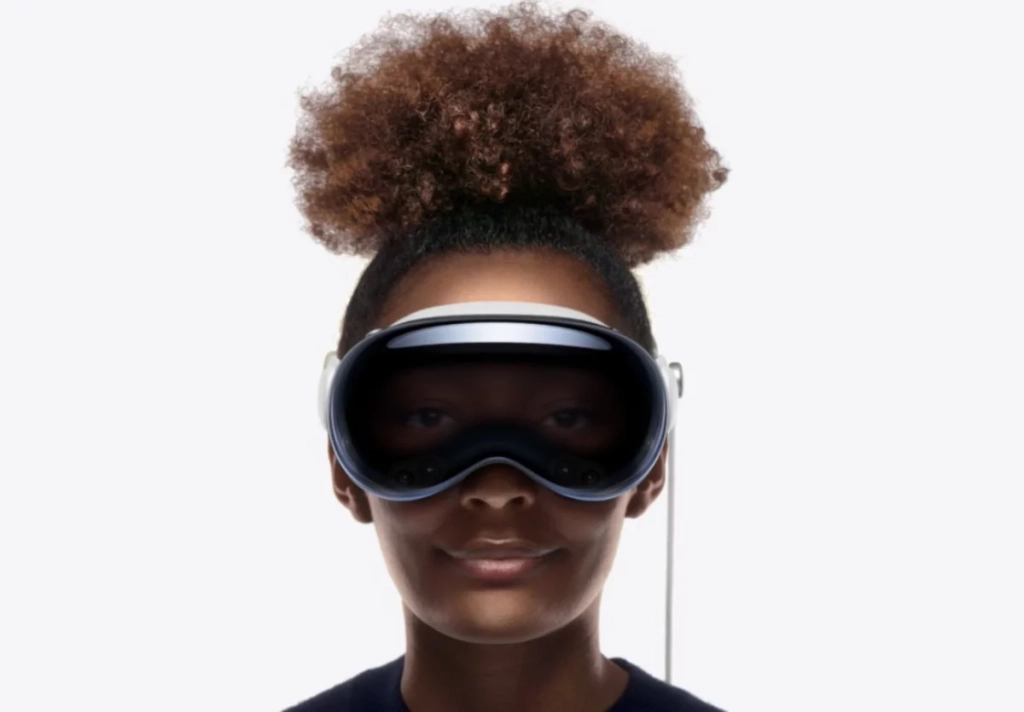Many modern devices equipped with cameras may not be as secure as we thought, according to a new study. Any hacker would indeed be able to spy on you from your smartphone camera or your webcam, including through walls.

Kevin Fu is a professor specializing in cybersecurity at Northeastern University. As part of a recent study, the latter developed a technique to capture video from any camera through a wall in real time. Called Electromagnetic Eye (EM Eye), this process would be within the reach of anyone with skills in the field of engineering.
Looking at the results of this survey, it becomes apparent that most modern cameras do not respect user privacy. In reality, the devices used to design these cameras would have flaws in their infrastructure.
Hackers can infiltrate your webcam, even behind a wall…
During this study, Kevin Fu, as well as the members of his team, composed of Yan Long, Qinhong Jiang, Chen Yan, Tobias Alam, Xiaoyu Ji and Wenyuan Xu, all professors at renowned universities, carried out a range of tests before realizing that modern cameras weren’t as secure as we imagined. Note that these experiments were carried out on a wide range of devices intended for general public use (smartphone, webcam, on-board camera, surveillance camera, etc.).
To get to the heart of the matter, EM Eye is characterized by its fathers as being “a vulnerability in the digital image data transmission interface”, which gives hackers the ability to “reconstruct image streams of high quality from electromagnetic emissions from cameras, even from more than 2 meters away in many cases.”
Although the recovered images were initially distorted, machine learning quickly allowed Fu and his team to obtain a video close to the original.
As mentioned by TechXplore, the source of the problem would not be the camera lens, but rather the cables present inside most modern devices. The discovery of such a process undoubtedly appears to be the materialization of a major concern in the design and production of cameras by manufacturers, especially since the range could easily be extended to several meters, according to Fu.
A study which tends to protect the privacy of users and to alert manufacturers
In his report, Kevin Fu explains that camera manufacturers do not pay enough attention to the electromagnetic radiation emitted by the cables inside (and which are the origin of this study). However, it was these waves that allowed them to reproduce the video in real time, although it was devoid of sound. Furthermore, know that your camera does not need to record for someone to spy on you.
While obviously not everyone has the skills necessary to hack the video stream of any type of device, it is clear that the process remains surprisingly simple for anyone who has the means and the ability.

With their findings, professors from the different universities are keen to provide manufacturers with new ways to improve camera data transmission protocols. We can now bet that this study carried out by Northeastern University will be enough to alert them, and that protecting the confidentiality of data from detection systems will be more at the heart of their concerns in the future.





Leave a comment